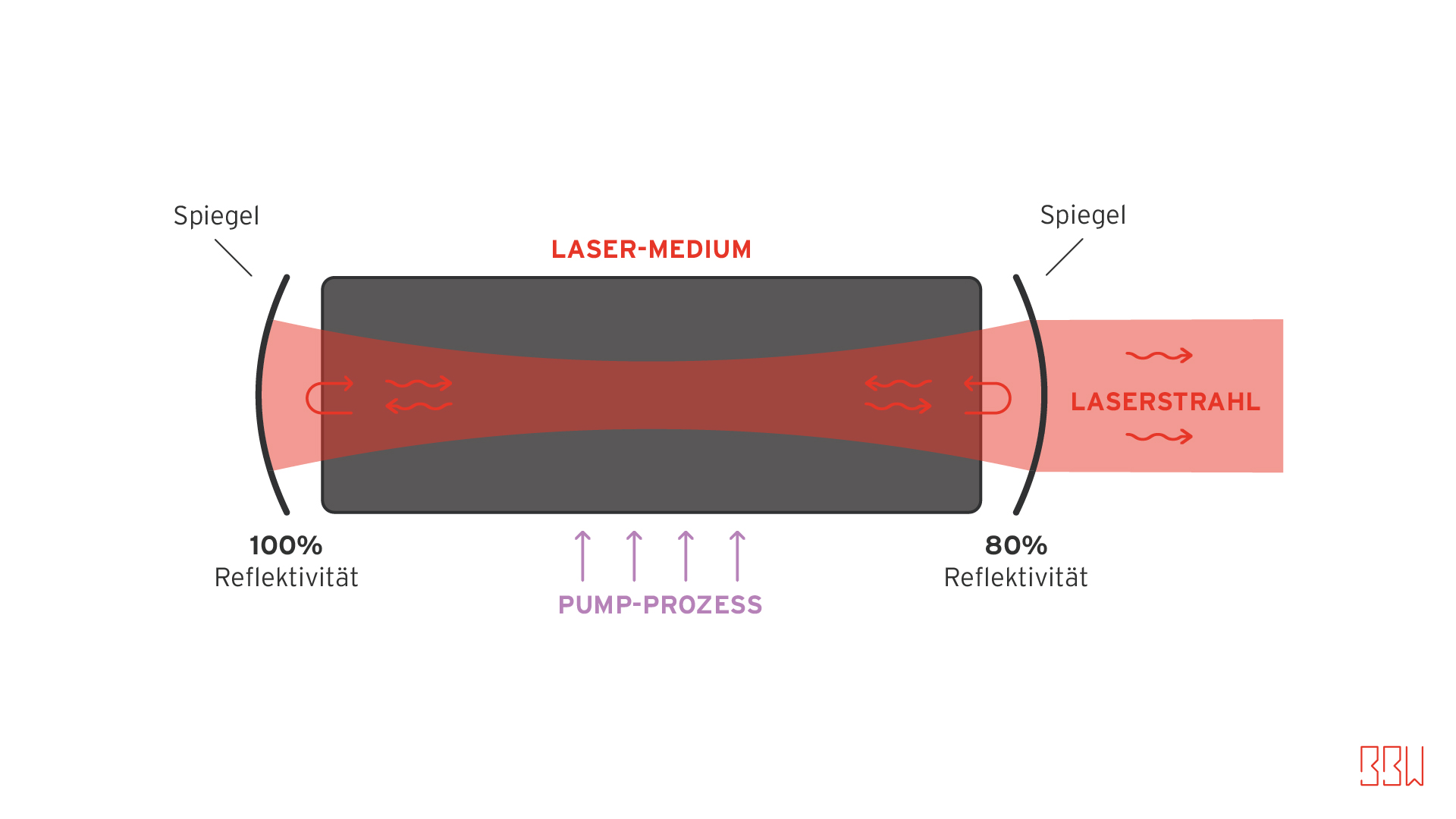Contents

Source: Wikipedia
The Importance of Laser Resonators in Laser Systems
Understanding Laser Resonators
A laser resonator, also known as a laser cavity, is a crucial component in a laser system where laser radiation circulates and interacts with a gain medium to compensate for optical power losses. This setup is essential for the generation of coherent laser light.
A typical laser resonator consists of multiple laser mirrors, including an output coupler, a laser gain medium, and possibly additional optical elements for various functions such as wavelength tuning, Q-switching, or mode locking. The resonator can be in the form of a linear resonator with two end mirrors or a ring resonator configuration.
Types of Laser Resonators
Solid-state bulk lasers often utilize dielectric mirrors within the resonator, with a laser crystal serving as the gain medium. The design of the resonator, including the placement of optical elements, angles of incidence, and distances between components, directly impacts properties such as beam quality and mode characteristics.
For lasers aiming for optimal beam quality, the resonator design must consider factors like thermal lensing in the gain medium, alignment sensitivity, and thermal aberrations to maintain stable and efficient laser operation.
Optimizing Laser Resonators
Advanced software tools like RP Resonator enable precise calculations of mode properties and facilitate the optimization of resonator designs to meet specific performance criteria. These tools are essential for developing high-power lasers with superior beam quality and efficiency.
While designing laser resonators, it’s crucial to balance various factors such as resonator length, mode areas, and alignment sensitivity. Achieving the desired specifications for high-power lasers can be challenging, requiring a deep understanding of resonator properties and numerical optimization techniques.
Alignment and Operation
Proper alignment of laser resonators is essential for optimal laser performance. Simple resonators may require basic alignment procedures, while more complex setups demand meticulous adjustment to ensure efficient laser operation.
For lasers operating without a resonator, such as free electron lasers, the high gain medium allows for directed emission without the need for a traditional resonator setup.
Conclusion
Laser resonators play a critical role in the functionality and performance of laser systems. Understanding the design principles, optimization techniques, and alignment procedures associated with laser resonators is key to developing efficient and high-quality laser devices.

Source: BBW Lasertechnik GmbH
Feel free to comment your thoughts.



